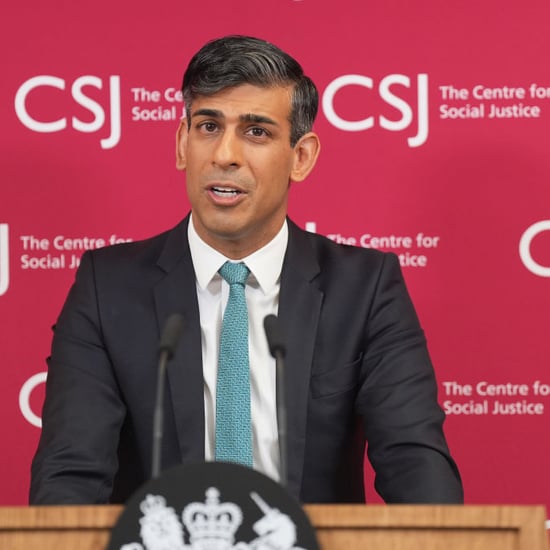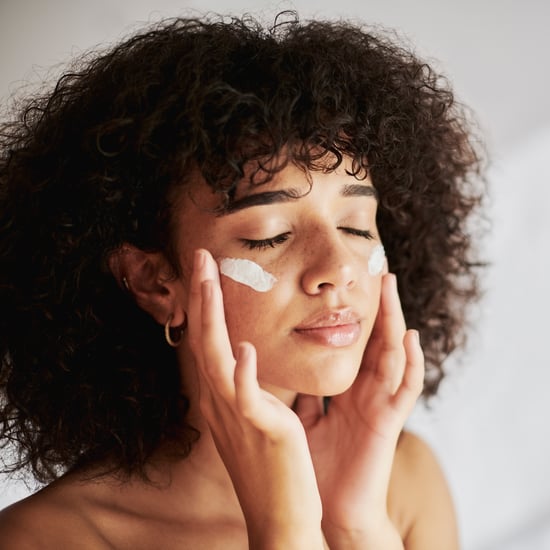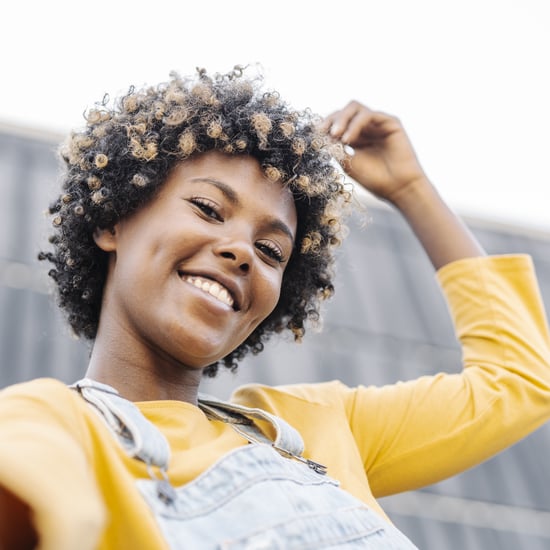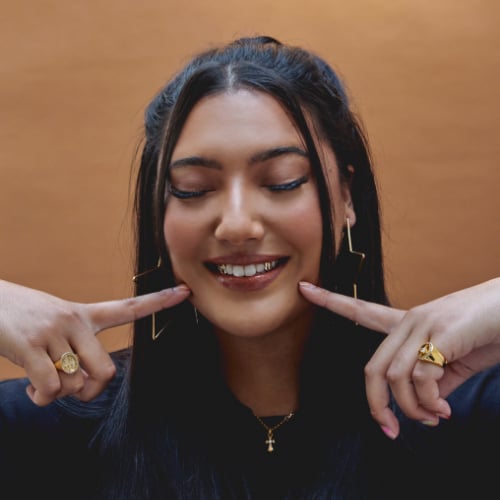Is WhatsApp Falling Out of Favour?
Is It the Beginning of the End For WhatsApp?
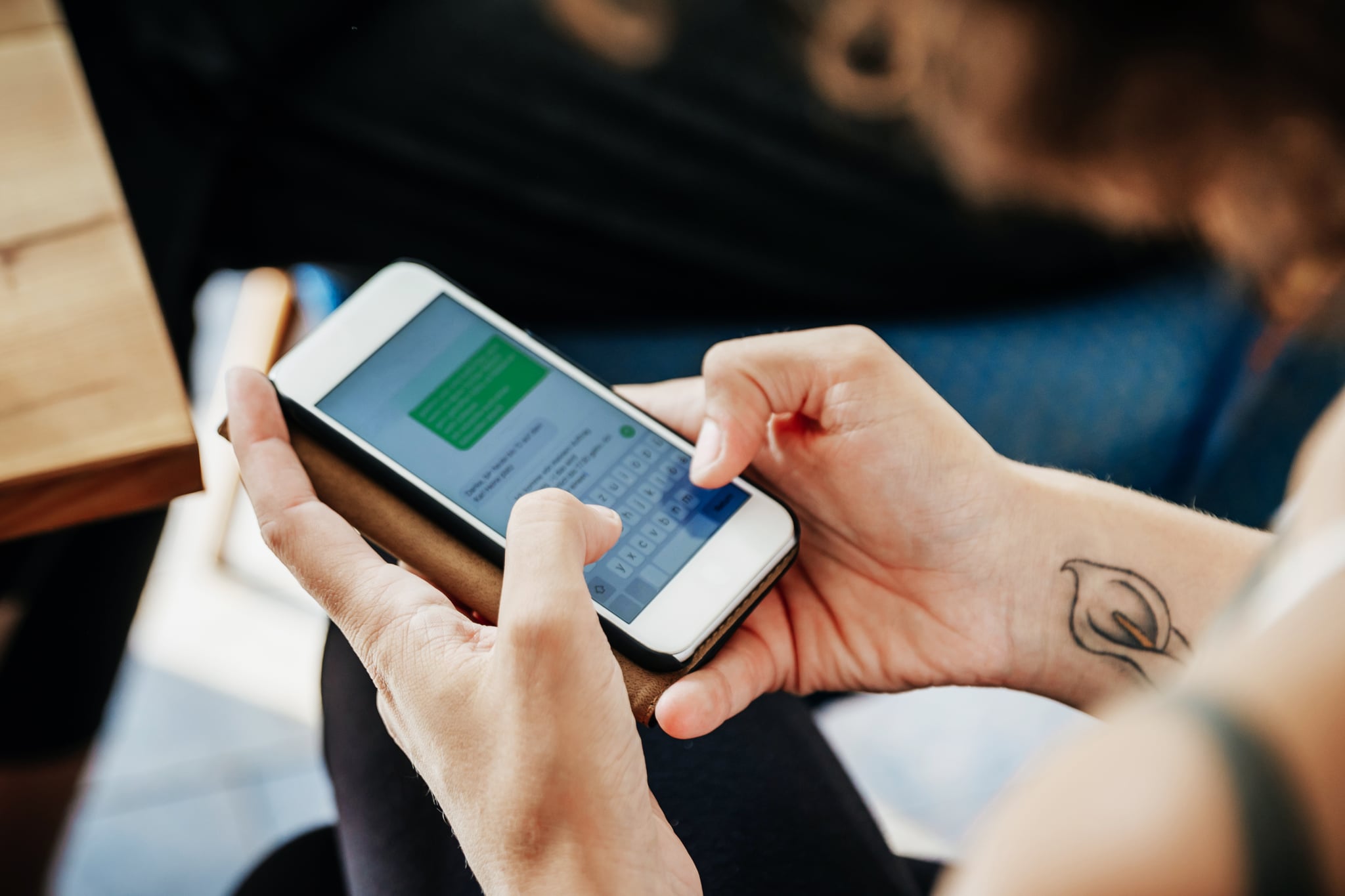
Rumour has it, we are over WhatsApp. The messaging app that has more than likely dominated your life for the last decade has been the subject of a culture shift of late, according to The Sunday Times. While it's still the most popular way to message in the UK, with 73 percent of Brits aged 16-64 using the app, this number has decreased from 75 percent in 2022, according to Sinch Engage.
Sure, this may seem like an incremental decrease, but iMessage use, Apple iPhone's text messaging service, continues to rise in popularity worldwide, jumping by 20 percent from 2021-2022. Could this mark the beginning of the end for the infuriating messaging app that has a hold over so many of us? Potentially. Users who have made the leap back to old-fashioned text messages are citing WhatsApp as too anxiety-inducing to maintain. And I kind of agree.
My partner regularly half-jokes, half-condemns my "always on" mentality. The second my phone lights up with a WhatsApp message, I jump to reply with military efficiency. And I blame the app for fuelling my impeccable response record. The blue ticks, or read receipts, have long been a subject of nightmares. As soon as I open said message, the sender will know I've seen it, therefore I feel the pressure to reply immediately. No time for consideration or for carefully constructing a reply. Come rain, shine, or mid-life crisis, my quick response can always be depended upon.
I've tried turning off read receipts before, but the damage was already done. And besides, then how could I tell when my recipient had seen my message? Because despite my frustration at the app, I need to know when my friends have read my vitally important note about the latest "Love Island" drama. While read receipts are available for text messages as well, it seems there is a different user experience. The expectation of WhatsApp, the notifications, the obligation of instant chats feels different somehow.
I've tried switching off the tell-tale sign of my online status too, but it hasn't curbed my WhatsApp habit. And don't even get me started on group chats. Having been on multiple hen dos this year, I am a member of way too many to count. Nothing makes my stomach drop quite like "You have been added to [insert cringe-worthy group name here]". Because the messages are incessant.
"There might also be a more mindful shift away from WhatsApp that involves people thinking about their needs and their need to not feel accessible 24/7."
"The way we communicate ebbs and flows. There are always developments in our communication styles and strategies," Dr. Jenna Vyas-Lee, clinical psychologist and cofounder of leading mental healthcare clinic Kove, tells POPSUGAR. And it seems we might be getting a little tired of the social platform. "There might also be a more mindful shift away from WhatsApp that involves people thinking about their needs and their need to not feel accessible 24/7."
As we become more conscious about the time we spend on our phones, more of us are setting boundaries to live life away from the small screen. "iMessage just feels like a more simple way of communicating," Leah Adams, 34, tells POPSUGAR of her disdain for the Meta-owned app. "WhatsApp is a constant back-and-forth, whereas iMessage feels more thoughtful and considered. I'll send a longer text, rather than a short burst on WhatsApp, but this can result in drawn-out conversations taking up more of my time and attention. And I don't want my life to be ruled by blue ticks."
In a world overrun by social networks like Instagram, TikTok, Facebook, and Snapchat, WhatsApp is just another one to add to the chaos. "My whole life is on my iPhone, so why would I choose not to message on it directly, and download yet another app?" Leah adds. "It just makes my life a lot easier and it's one less social network to have to focus on."
Much like the Noughties fashion and beauty trends that are making a comeback, Gen-Z's love of nostalgia may be playing a part in favouring texts. Throwbacks to a time where more of life was spent away from screens and in the moment feel more appealing, especially when constant exposure to a difficult news cycle online can wreak havoc with our mental health.
"It is really important that we think about our own values. If we are the type of person that thrives from communicating with others and having very fluid, easy communication across 24 hours then always being available through methods such as WhatsApp can be very helpful," Dr. Jenna Vyas-Lee adds. "However, if we are somebody that needs alone time, downtime then actually making sure that we are putting barriers in and boundaries to protect our needs is imperative. When we do this by being very clear around what's acceptable, going offline, putting an offline message, letting friends and family know that you won't be responding after a certain time."
While the popularity of WhatsApp isn't likely to disappear overnight, it is giving me pause for thought in how I value my own time. I'd rather my epitaph didn't read "Always responded immediately to a WhatsApp blue tick", thanks very much.
